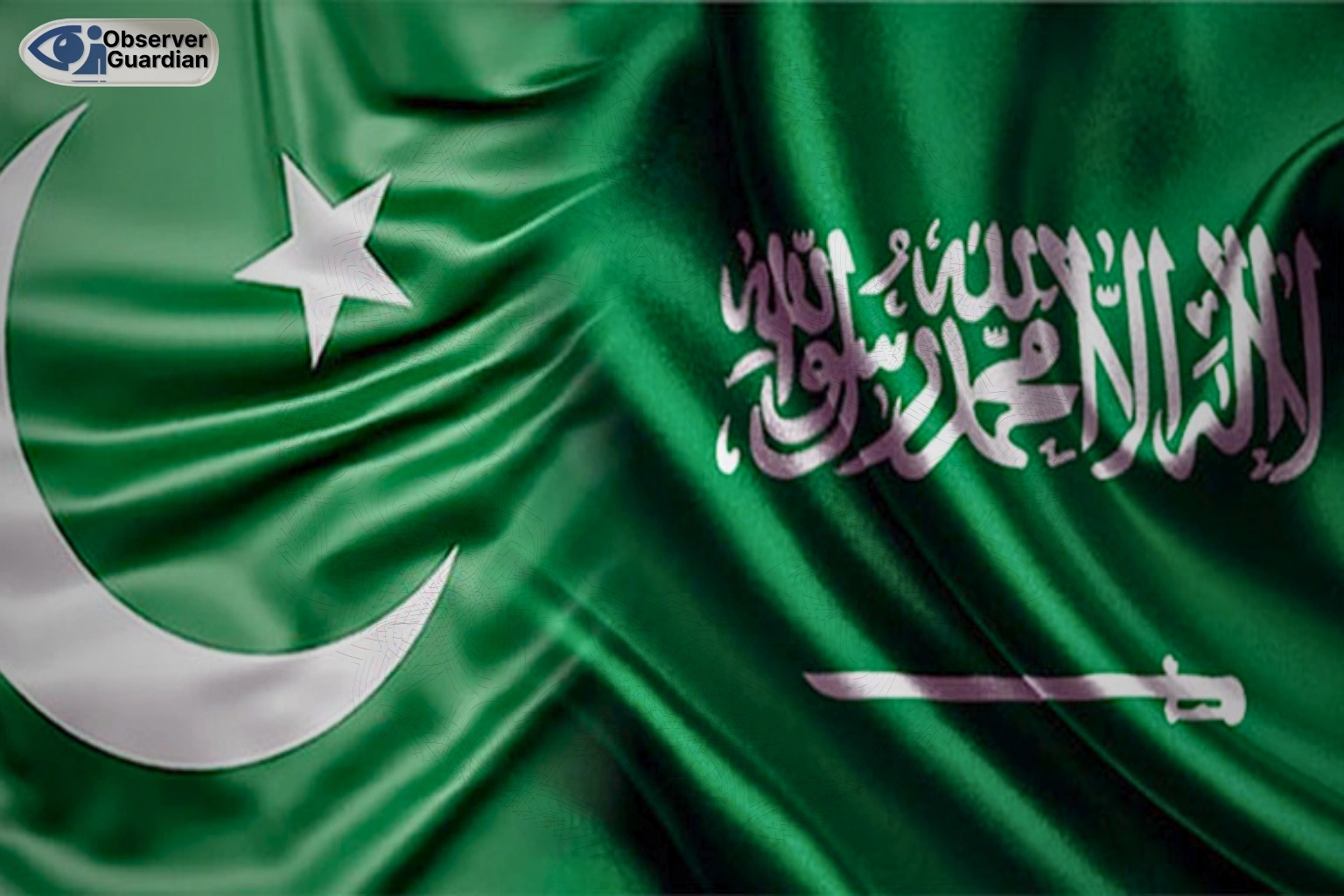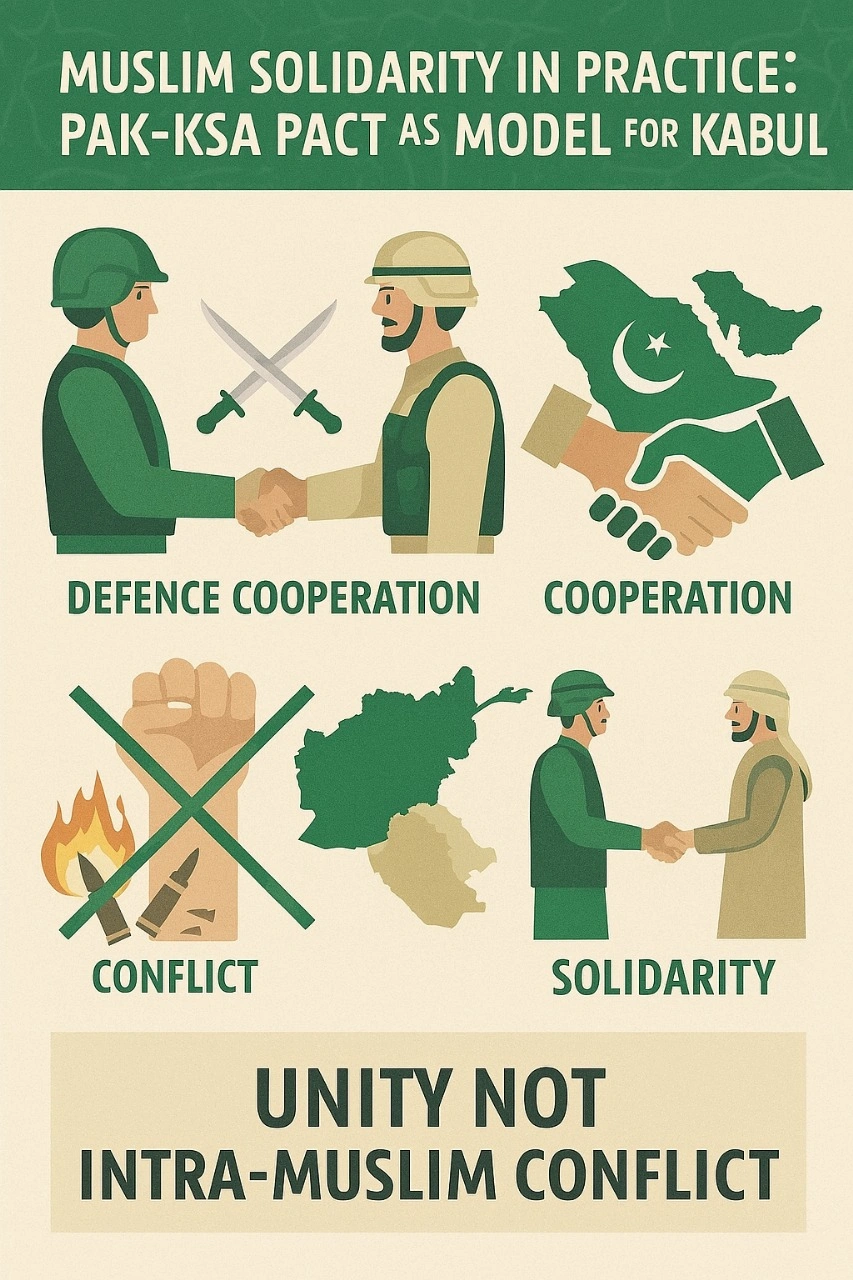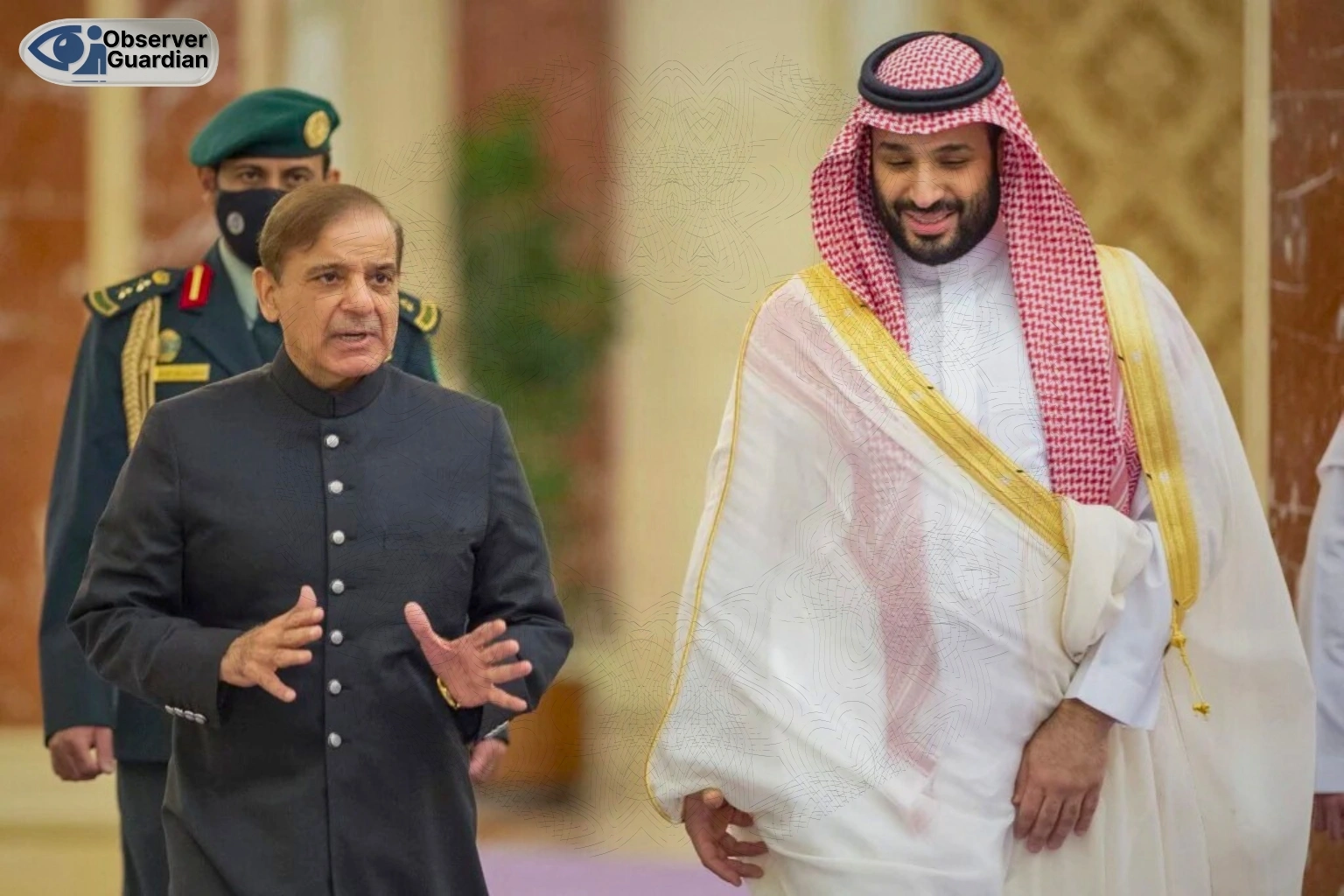Muslim Solidarity in Practice
While looking at the state of the Muslim world today, it is difficult to ignore how much Ummah has suffered due to the partition. From the unending struggle in Palestine to the political and security crises in different regions, Muslims face pressure on multiple fronts. In moments like these, unity is not just a good slogan, but a survival strategy. This is why the recent Strategic Mutual Defense Agreement (SMDA) between Pakistan and Saudi Arabia stands out. It is a reminder that Muslim nations do not need to be caught up in old conflicts. They can choose to cooperate. By doing so, an example can be set for others.
The nature and significance of the Agreement
The agreement, which was signed during Prime Minister Shahbaz Sharif’s visit to Riyadh, deals with creating a structured framework for defense cooperation. It is not for any state, and this is what makes it so important. Defense deals are often read as power play in the region. Here, both sides are making it clear: it is defensive, and not offensive. It is about strengthening resilience and ensuring that common threats can be met together. Hence, this difference is important because it reflects a more mature approach to statecraft.

Impact on the local and national level
For Pakistan, the agreement strengthens ties with a key partner in the Muslim world. For Saudi Arabia, it builds a trusting relationship with a nuclear-armed state which has long positioned itself as a defender of Muslim causes. Beyond national interests, this agreement sends a broader message to the Ummah. It says Muslim states do not need to waste power on rivalries that serve no one. They can choose a framework that builds trust, protects sovereignty, and aligns principles such as peaceful coexistence and the right to self-defense when needed.
A Lesson for Afghanistan
This is the place where Afghanistan comes into the picture. Afghanistan is a brotherly country, but it has been stuck in a cycle of instability for decades. Its territory has been repeatedly used by groups harming neighboring states. In the whole process, Afghanistan has sabotaged its prospects for stability. Additionally, whenever violence spreads across its borders, relations with neighbors are strained. In the whole situation, the Afghan people must pay the highest price.
The path of trust and cooperation
Moreover, the Pak-KSA agreement shows another way forward. If Kabul learns from this model, it can begin to reshape its role in the region. This would entail the assurance that Afghan territory will not be used against other states. Besides, it would back away from policies that fuel conflict and start investing in cooperation with neighbors. None of this means giving up autonomy. Quite the opposite: it strengthens Afghanistan’s sovereignty by making it a constructive partner rather than a permanent source of instability.
Positive possibilities and alternatives
Furthermore, rather than being viewed with suspicion, Afghanistan could portray itself as a state willing to work with others to build regional security. This will open the door to trade, investment, and recognition that Afghanistan desperately needs. The alternative is mostly the same: conflict, isolation, and missed opportunities for the people.

Lessons for the wider community
More broadly for the Muslim world, the Pak-KSA agreement sends a stark reminder: strength lies in solidarity. Internal rivalry erodes dignity and undermines the ability to defend common goals. Besides, when Muslim nations choose unity, they send a signal to the rest of the world that their security is not up for exploitation.
It is no coincidence that both Pakistan and Saudi Arabia have consistently talked about upholding international law and peaceful coexistence.
By linking their defense cooperation to these principles, they have made it difficult for anyone to describe the agreement as reckless or unsustainable.
A great model and its possibilities
It is also about setting an example for the Muslim world. If two states with their complex histories can come together and institutionalize trust, it will be a win-win situation. Imagine if more Muslim countries started aligning their security policies not as an aggressive bloc, but as a network of cooperation, this will give the Ummah a strong collective voice in global affairs. Similarly, it will also reassure ordinary Muslims, who are often left wondering why their leaders spend so much time fighting each other rather than dealing with real threats.
The choice of Afghanistan
Afghanistan has a choice. It can continue a path that leads to doubt, or it could lean towards the spirit of what Pakistan and Saudi Arabia have just done.
If Kabul chooses to cooperate, it will not just help itself, this will also contribute to something bigger which the Muslim world has been missing for a long time. So, unity does not eliminate differences but takes them in a constructive direction.
The truth is that the challenges of the Ummah are not going to end soon. There will always be pressure from outside and conflict will exist within. The difference depends on how the states react. Pakistan and Saudi Arabia have shown that responsible governments can quickly look ahead and create frameworks that can end short-term crises. So, Afghanistan could do the same or it may be stuck in cycles that harm both itself and others. Finally, it can be said that the Pak-KSA Defense Agreement is more than just a bilateral agreement.
This is a reminder that solidarity is not ideological. It can be put into practice, and it strengthens everyone involved.
The lesson for Kabul could not be clearer: stability, cooperation, and unity will do more for Afghanistan’s future than its roots in instability. Besides, the wider community should also pay attention. Thus, real power does not come from conflicts among Muslims, but it comes from standing together.
Disclaimer: The views and opinions expressed in this article are exclusively those of the author and do not reflect the official stance, policies, or perspectives of the Platform.







